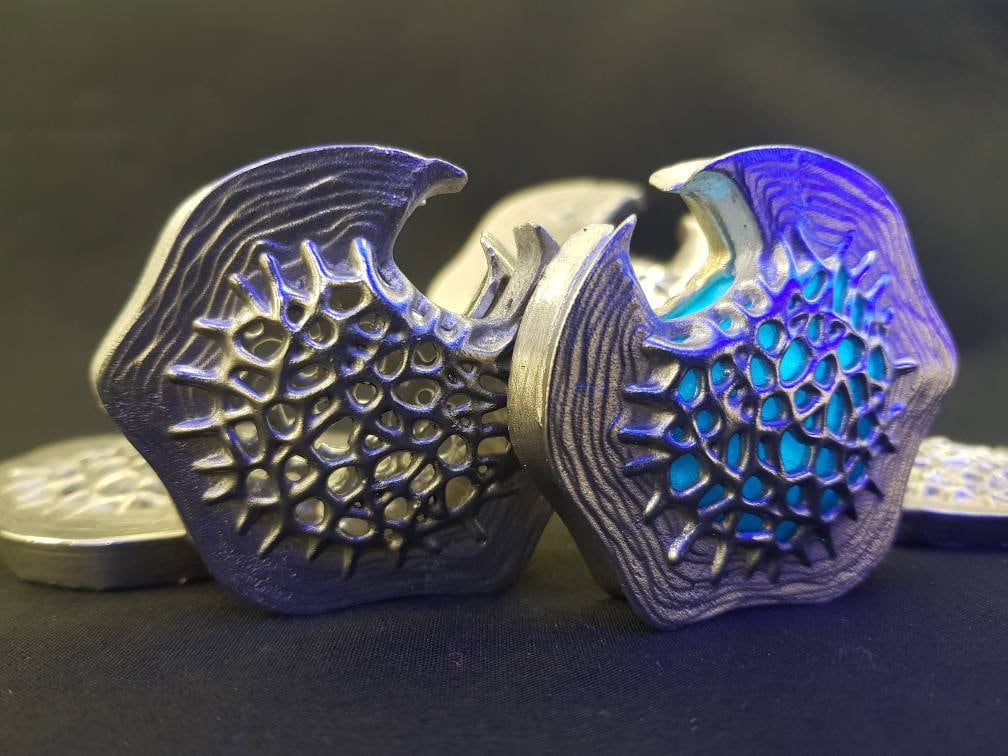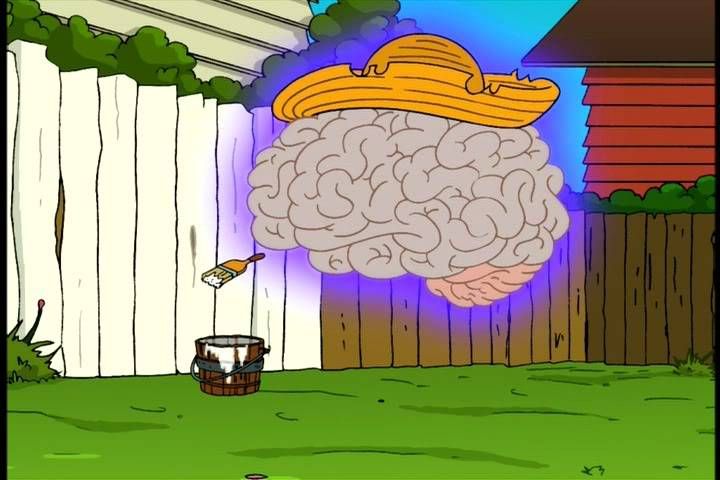The episodes we watched this week all delve into the split between the mind and the body. Alva Noe said “you are not your brain” but these episodes all conceptualize the brain as independent consciousness, beyond the body.
Altered Carbon explicitly states, “Your body is not who you are, you shed it like a snake sheds it’s skin, leave it, forgotten, behind you.” But the episode seems to grapple with this statement. On one hand there are very cybernetic theories at play. The mind, people’s consciousness are downloaded into other bodies(sleeves). While Bancroft explains his “murder” to Kovacs its all very analytical, like a computer he is backed up to an orbiting satellite feed, he is theoretically immortal as long as his backup remains intact. This approach to consciousness appears to embrace the duality between mind and body, that the body is just imprisoning the mind and easily switched, because the consciousness is the core of the person not the body. However, there are many instances within the show that seems at odds with this thought, taking a more embodied approach to cognitions – that left me with so many questions. The most obvious variance from cybernetics is the conscious tie to the body as a form of the human identity. When Kovacs wakes up, he is told not to look at his reflection because he risks schism/a psychotic break. An Identity crisis seems like a logical assumption for someone suddenly inside a different body. So much of a person’s identity rests on their appearance, race, age, gender, perceptions. The consciousness is affected by the body’s production of hormones which fully displays this embodied conscious theory. When Ortega is speaking in the precinct, she states the envoys can “drop into any sleeve and be combat ready in minutes.. absorb local language culture and customs” This is where I have questions, were the languages and culture and customs a part of the sleeve’s knowledge, it seems like the envoy is merging their own consciousness with the remnants of the body’s conscious. For the first episode, I would need to see more of how this is explained but if that were the case, it would be interesting to see how the merged consciousness affects the stacked conscious.

What was interesting in the Futurama episode is the similarities between the brains race and the nibblonian race. These are 2 presumably far superior and ancient intellectual races. While the nibblonians were intelligent and perceptive enough to send nibbler to earth in an effort to save the galaxy from the brains, they are driven to an almost compulsory need for food. Plato would consider them a slave to their bodily needs, even in the direst situation they are easily distracted and influenced by ham. The brains, however, claim to be so advanced they have evolved “far beyond asses” yet they are said to be driven by pure hate – Plato associates emotions within the confines of the body – so it doesn’t fit in with the cartesian dualist theory that they would be motivated by emotion rather than any reason/logic. It’s interesting that the 2 ancient intellectual races seem to be driven by more primal needs.

In the Star Trek episode, we are introduced to another superiorly intellectual race, they had transmitted their consciousness out of their bodies, however when Sargon takes over Captain kirk’s body he breathes in and feels, and exclaims “to be again” almost completely diverging from Descartes exclamation, for centuries Sargon has been thinking – however, only once he is in a body and can see and feel again, does he consider himself as “being”. Similarly Henoch goes against plato’s perception of the body as the mind’s prison. When he is trying to convince Thalessa to steal the body, he calls the unfeeling bots they were creating a prison, trapping them out of a living/feeling body. I find these overt departures from the cartesian dualist theory important it denoting that humans/people are beyond just thoughts, we are a collection of our senses, our environment our bodies, our perceptions and our thoughts. This episode truly highlights what it means “to be”.
























 .
.
